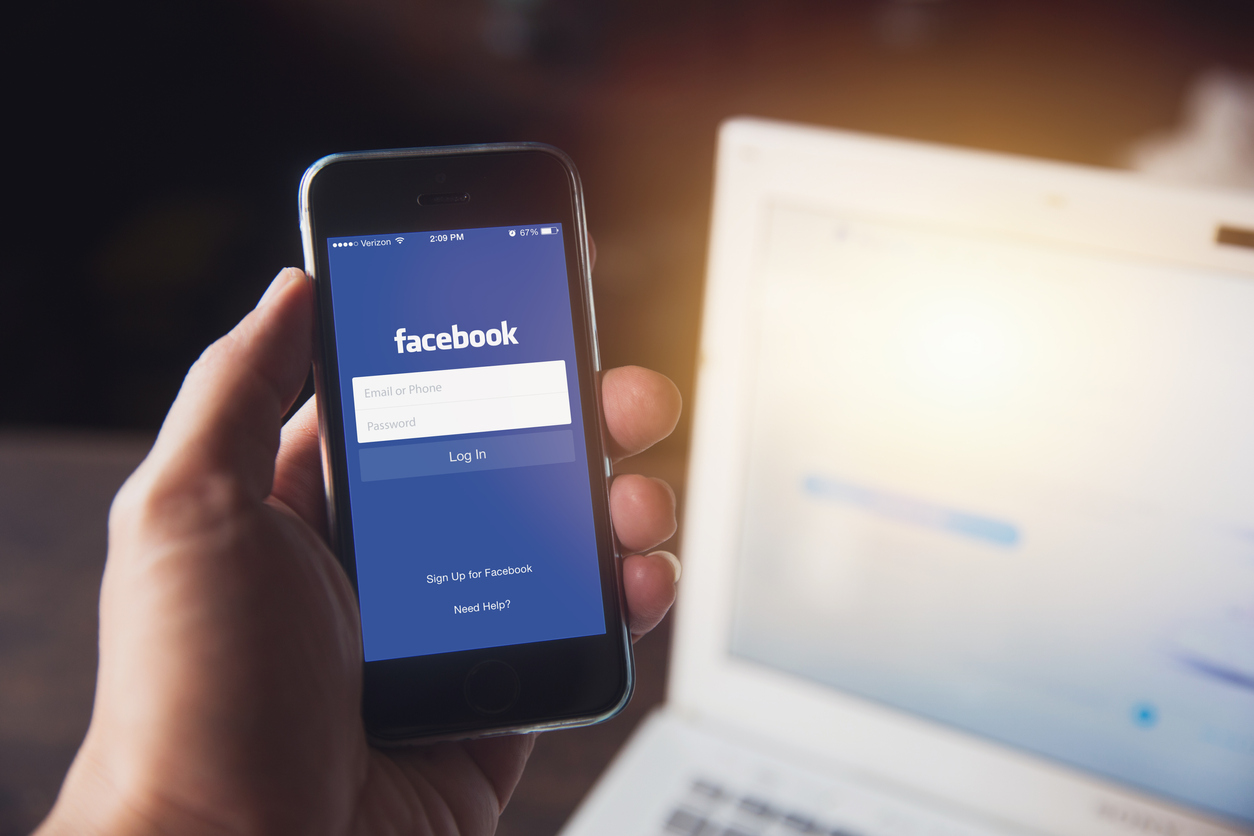
Facebook 're-friends' Australia, agrees to pay for content from media houses
US social media major Facebook on Tuesday (February 23) decided to lift a controversial ban on Australian news and agreed to pay local media houses for using their content on its feed.The decision comes as a relief for thousands of local news companies, which are struggling to survive in the cut-throat internet media world.

US social media major Facebook on Tuesday (February 23) decided to lift a controversial ban on Australian news and agreed to pay local media houses for using their content on its feed.
The decision comes as a relief for thousands of local news companies, which are struggling to survive in the cut-throat internet media world.
About a week ago, Facebook abruptly stopped using Australian news websites’ content. Besides, users in Australia were also stopped from sharing or viewing content from any news outlets.
Facebook said its decision was in reply to Australian government’s decision to introduce a news media bargaining code in the Senate, which would compel Facebook and Google to pay news media companies for content.
On Tuesday, Australia’s Treasurer Josh Frydenberg declared the compromise formula. “Facebook has re-friended Australia,” Frydenberg told median persons in Canberra on Tuesday.
Earlier, Australian Prime Minister Scott Morrison had angrily accused Facebook of making a decision to “unfriend” Australia.
Also read: Australian PM discusses with Modi Facebook blockade over new law
Tuesday’s compromise was reached after a detailed discussion between Frydenberg and Facebook top boss Mark Zuckerberg. Accordingly, amendments will be made to the Australian laws.
“The government of Australia has said we will retain the ability to decide if news appears on Facebook so that we won’t automatically be subject to forced negotiation,” Campbell Brown, vice-president of global news partnerships at Facebook, told BBC.
Immediately after the compromise deal was announced, Facebook declared its first pact with Seven West, an Australian media group, to share its content. The US social media giant is likely to announce more such commercial deals with other news outfits soon.
Facebook is likely to use the contracted content to launch a dedicated news product in Australia soon.
Google, too, had threatened to pull back from Australia, but now it seems the company has mellowed down having struck deals with local media groups.
Last week, Facebook decided to ban Australian news, which was seen as a very bold move. It became a subject of global debate with Facebook going to the extent of restricting government health-department and emergency services pages.
Also read: Here is why Australia is at war with Facebook and the issues at stake
Critics said Facebook was “undemocratic” in taking such a bold decision. As a consequence, fake news business blossomed on the FB platform.
Facebook’s main objection was to the idea of a “forced negotiation” with news outlets, which it now believes is off the table.
Sir Tim Berners-Lee, the creator of web, told BBC that compelling companies to pay for certain content could make the internet “unworkable”.
It is also believed that the proposed law was introduced after intense lobbying by media mogul Rupert Murdoch’s News Corp — which owns several newspapers in Australia.


